There is a temptation that “divides and destroys the Church”: the “worldly thirst for power”, envy and the desire “to climb higher”. Pope Francis remarked on this temptation during Mass at Santa Marta on Tuesday morning, 17 May. This temptation, he explained, is a response to worldly thinking, while Jesus, on the other hand, speaks of service and humiliation.

Confronted with this truth — “I have come for this task, to fulfil this mission: to give my life for the salvation of all” — the disciples did not understand. Indeed, “they did not want to understand” and as they were “afraid to ask”, they decided to let it go, as if to say: “things will take care of themselves”. The Pope explained that “fear closed their heart, it closed their heart to the truth that Jesus was teaching them”.
The Gospel narrative continues and we read that they “went along the way, but not in silence”. The disciples “continued to talk”. When they arrived in Capernaum, Jesus asked: “What were you discussing on the way?”. There was no answer. Indeed, they “were ashamed to tell Jesus what they were discussing. Along the way, in fact, they were discussing who among them was the greatest”.
Here then, is the juxtaposition: “Jesus speaks a language of humiliation, of death, of redemption, and they speak a language of climbers: who will climb the highest in terms of power?”. This, Francis said, is a temptation that they had — “they were tempted by a worldly way of thinking” — but they were not the only ones. The mother of James and John too, the Pontiff recalled, went to Jesus — the episode can be found in the pages of Matthew (20:20-21) — “to ask that one of her sons be on the right and the other on the left, when He arrived in the Kingdom”. As if she were to ask today “that one be prime minister and the other the minister of the economy”, so as to share “all the power”. For this very reason, “it is worldly thinking: who is the greatest?”. Therefore Jesus takes care to tell them: “If any one would be first, he must be last of all and servant of all”.
Jesus’ words to the disciples is a lesson for everyone: “On the path that Jesus points out to us in order to go forward”, Francis said, “service is the rule. The one who is greatest is the one who serves most, who is most at the service of others, not the one who boasts, who seeks power, money vanity, pride”. The lesson is important, the Pope noted, because “it is a story that happens every day in the Church, in every community” where it is often asked: “Who is the greatest among us? Who is in charge?”. Thus, “ambitions” emerge, along with the “desire to climb, to have power”.
The argument is also addressed in the first reading, taken from The Letter of James (4:1-10), in which the Apostle writes: My brothers, “what causes wars, and was causes fightings among you?”. He continues: “Is it not your passions”, or rather the “passion for power, to command, to dominate”? James accuses them: “You are full of desires”, alluding to their envy and jealousy. He then adds: “You do not have, because you do not ask. You ask and do not receive, because you ask wrongly”.
At this point the Pontiff invited a careful evaluation of the passage that follows, “so as to consider how we pray wrongly”. The Apostle explains to his interlocutors: “you ask wrongly, to spend it on your passions”. He continues: “Do you not know that friendship with the world is enmity with God?”. This is precisely the “core of this passage” and of the message addressed to the Church today.
The synthesis is in the juxtaposition previously mentioned: “Jesus speaks a language of service, of humiliation; moreover, he says: ‘I have not come … to be served, but to serve”. On the other hand, “the language of the world is: ‘who has more power to command?’. This worldly language is enmity with God”. When there is vanity, Francis continued, and the “worldly desire to have power, not to serve, but to be served”, all means are used. Thus, for example, there is “gossip”, and the “sullying of others”. It is something “we all know”, he added: “envy and jealousy take this path and destroy”.
All this, the Pontiff noted, “happens today in every institution of the Church: parishes, colleges, other institutions, even in the Bishoprics… everyone”. These are the “two ways of speaking”: on the one hand is the “worldly spirit, which is the spirit of wealth, vanity and pride”. On the other hand, Jesus said: “the Son of man will be delivered into the hands of men, and they will kill him”. He “came to serve and he taught us the way in Christian life: service, humility”. After all, Francis explained, “when the great saints said they felt they were such sinners, it was because they understood this worldly spirit that was inside them, and they had many worldly temptations”. Indeed, “none of us can say: ‘No, not me, not me… I am a holy, clean person’. We are all tempted by these things, we are tempted to destroy others in order to climb higher”. It is a “worldly temptation” which “divides and destroys the Church”, and it is certainly not “the Spirit of Jesus”.
Concluding his reflection, the Pope said that, observing the Gospel scene just read, “it will do us good to think about the many times that we have seen this in the Church and the many times we have done this, and ask the Lord to enlighten us, in order to understand that love for the world, that is, for this worldly spirit, is enmity with God”.

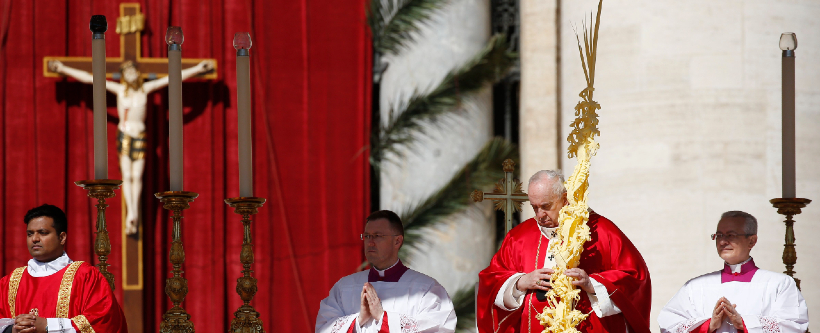
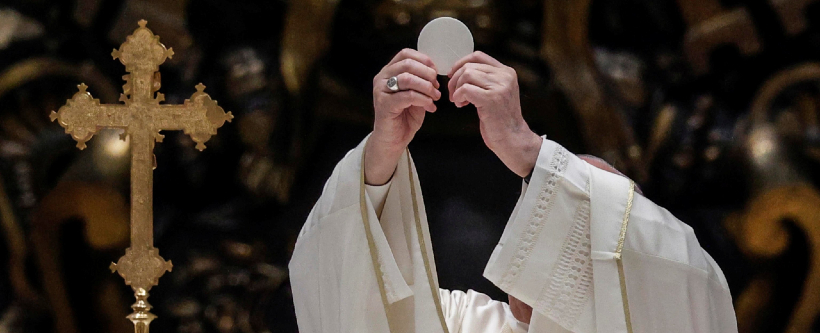
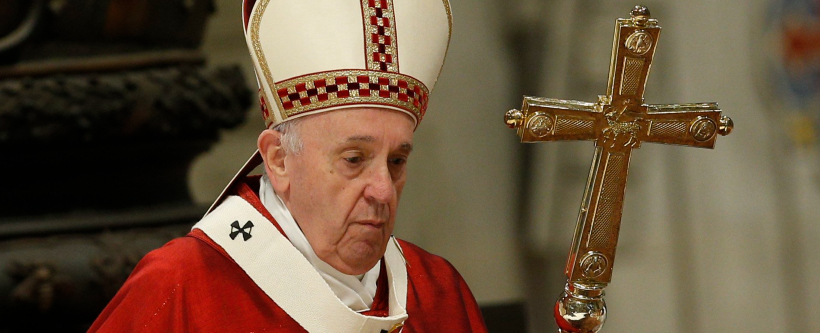
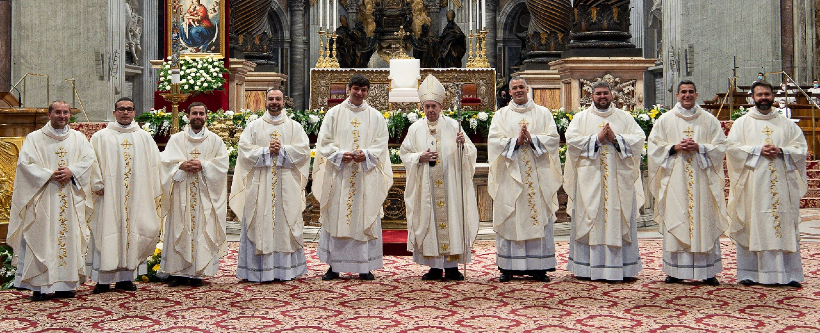
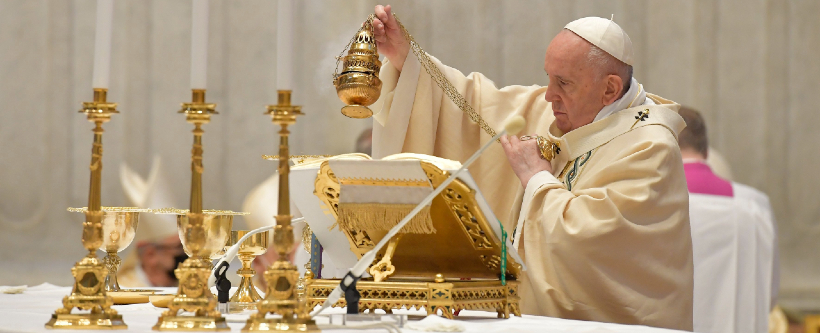
Facebook Comments